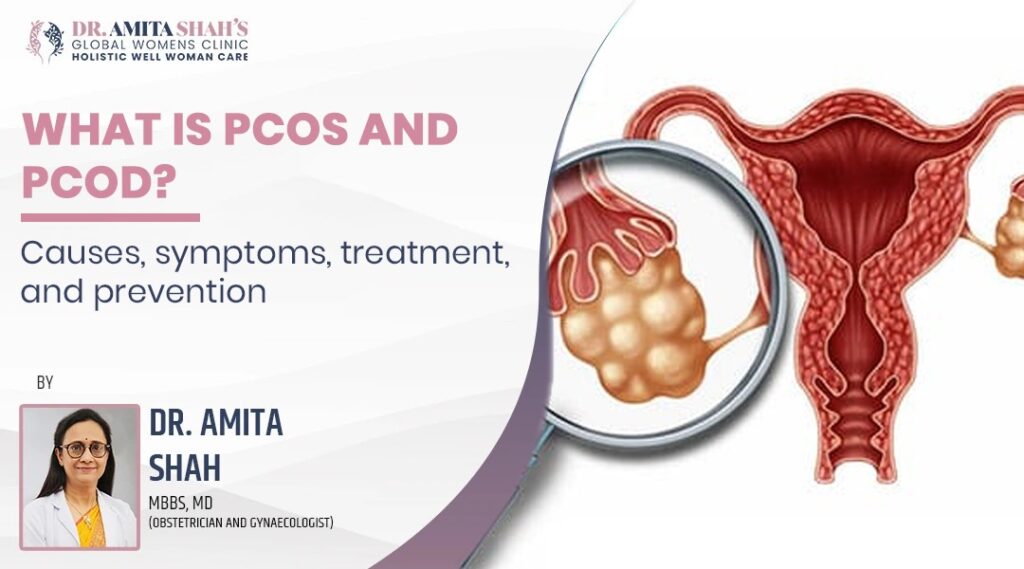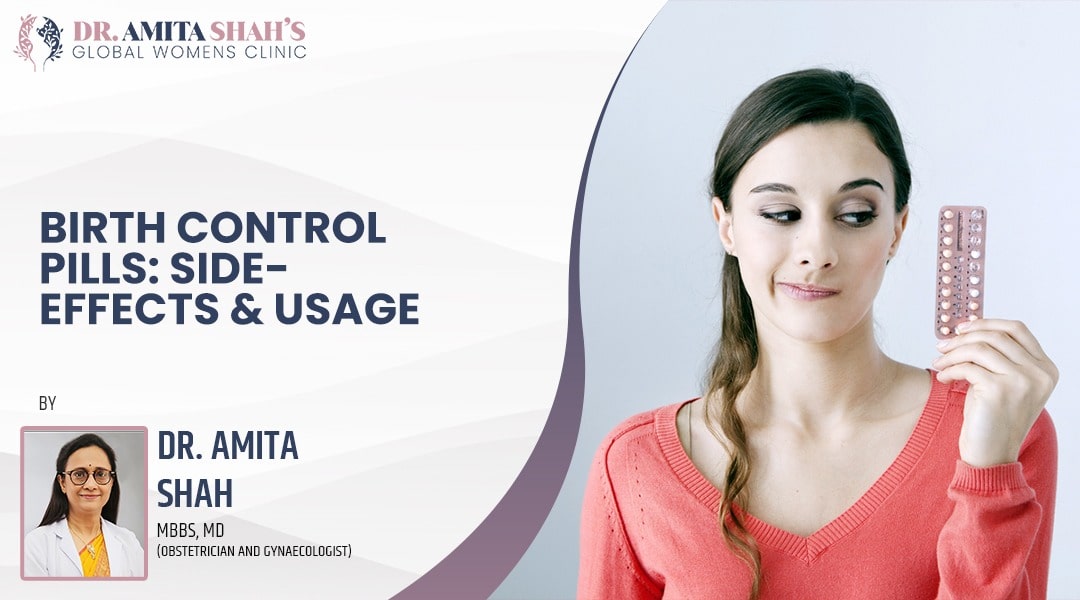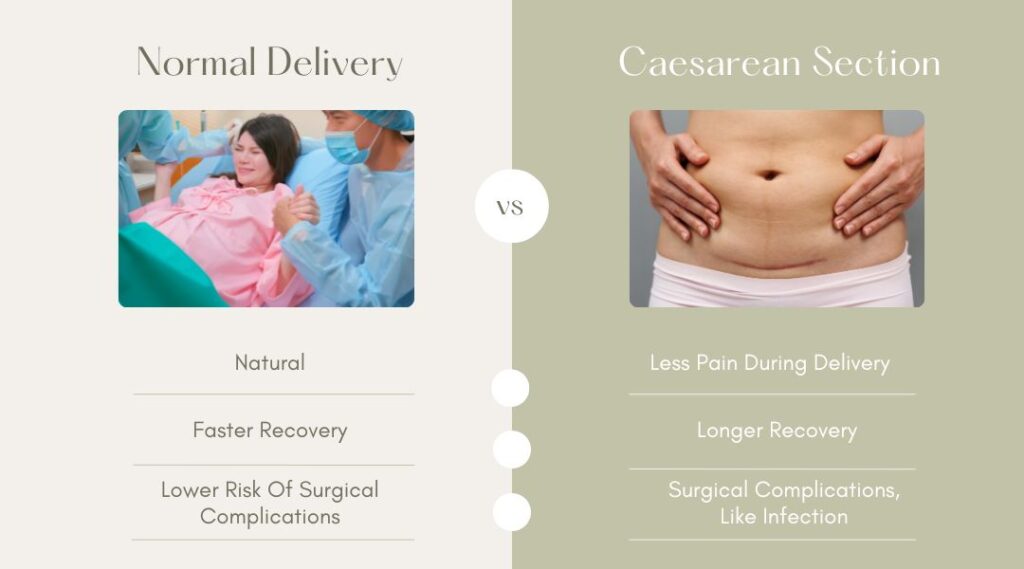PCOS and PCOD are two common hormonal disorders that affect women reproductive age. PCOS (Polycystic Ovary Syndrome) and PCOD (Polycystic Ovary Disease) often cause similar symptoms and health challenges. In this blog, we will discuss in detail what is the PCOD problem, its causes, symptoms of PCOD, and effective PCOD problem treatment and prevention methods.
What is PCOS and PCOD?
PCOS and PCOD are hormonal disorders that affect the ovaries in women. PCOS is a condition in which the ovaries produce high levels of androgens (male hormones), leading to irregular menstrual cycles, PCOS belly (abdominal weight gain), and acne, on the other hand, involves the development of small cysts (fluid-filled sacs) that interfere with ovulation and cause hormonal imbalances.
Both PCOS and PCOD are common conditions, with PCOS affecting 1 in 10 women of reproductive age and PCOD affecting 1 in 5 women.
Causes of PCOS and PCOD
The exact PCOS causes and PCOD cause are not fully understood. However, both conditions are believed to be influenced by genetic and environmental factors.
In PCOS, insulin resistance plays a major role. Elevated insulin levels can cause the ovaries to produce more androgens, leading to PCOS disease and hormonal imbalance.
Similarly, PCOD is also linked to insulin resistance and elevated androgen levels, which disrupt normal ovulation and contribute to PCOD problem development.
Symptoms of PCOS and PCOD
The PCOS symptoms and symptoms of PCOD can vary from woman to woman, but common signs include:
1. Irregular menstrual cycles: Women with PCOS and PCOD may experience infrequent or prolonged menstrual periods.
2. Hormonal imbalances: Elevated androgens can cause acne, PCOS hair (excess facial and body hair), and male-pattern baldness.
3. Weight gain: Women may struggle with PCOS belly fat and find it difficult to lose weight.
4. Infertility: Both conditions interfere with ovulation and make conception difficult.
5. Sleep apnea: Women with PCOS and PCOD may be at higher risk for sleep disorders.
6. Mood disorders: Anxiety and depression are also linked to PCOS problem and PCOD.
Treatment and Prevention of PCOS and PCOD
While there is no permanent PCOS or PCOD cure, there are several effective PCOS and PCOD problem treatment options available to manage the symptoms.
1. Lifestyle changes: Maintaining a healthy weight through PCOS exercise and following a balanced PCOD or PCOS diet can help regulate hormones, reduce insulin resistance, and improve overall health.
2. Medications: Hormonal birth control, PCOS medicine such as metformin, and spironolactone may be prescribed to manage symptoms.
3. Fertility treatments: Women struggling to conceive may benefit from ovulation induction or PCOS specialists-guided IVF treatment.
4. Surgery: In rare cases, surgery may be needed to remove ovarian cysts or correct reproductive abnormalities.
5. Regular checkups: Diagnostic tools like PCOS test and PCOS ultrasound help monitor hormonal and ovarian health.
PCOS and PCOD Diet and Lifestyle
A well-planned PCOS diet plan or PCOD diet chart is essential for managing these hormonal disorders. Include high-fiber foods, lean proteins, and avoid refined carbs and sugars. Following a personalized diet for PCOD or PCOS diet chart can help balance hormones and reduce symptoms effectively. Pairing it with regular PCOS workout sessions ensures better hormonal health and weight management.
Conclusion
In conclusion, PCOS and PCOD are common hormonal disorders that can significantly impact a woman’s reproductive and overall health. While there is no complete PCOS cure, following a proper PCOS diet, PCOS exercise, and consulting PCOS specialists can help manage symptoms and improve quality of life. Maintaining a healthy lifestyle, following a PCOD diet chart, and seeking timely PCOD problem treatment can make a big difference in preventing long-term complications.
Related Post

































One Response
thanks for info.